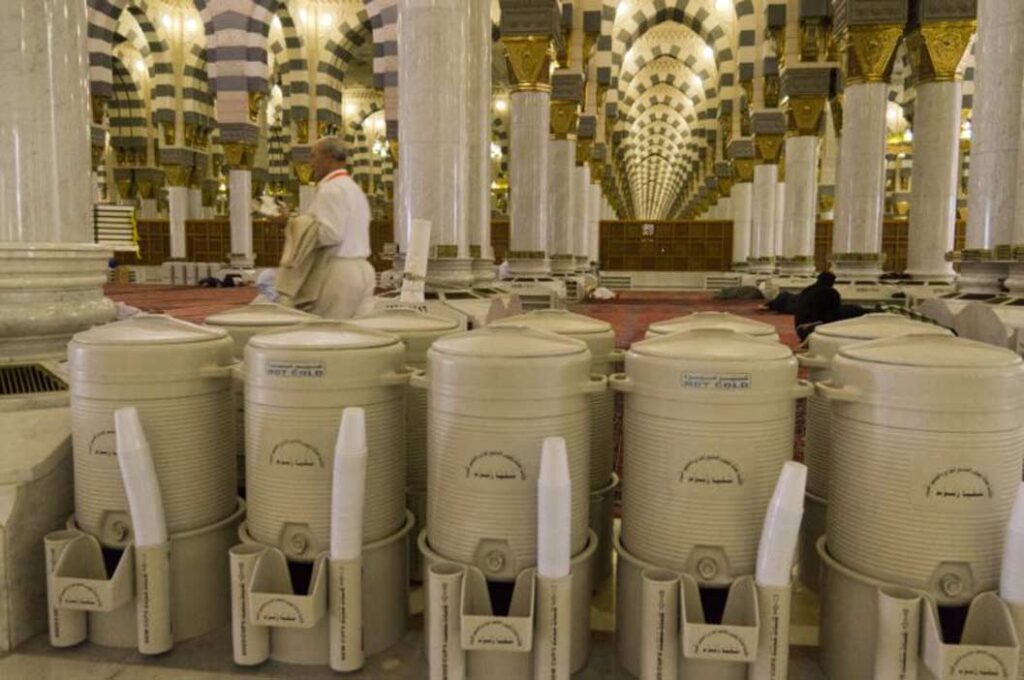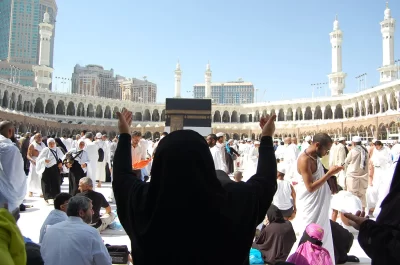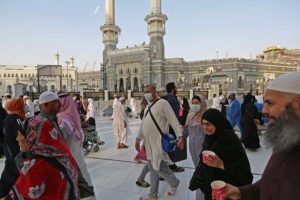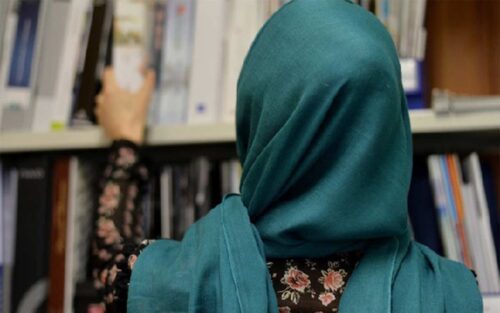Saudi Arabia’s civil aviation authority bans Zamzam water from being placed by passengers inside their luggage when departing on flights, the Saudi news agency has reported.
All comes ahead of Dhul Hijjah, the holy month for the Islamic pilgrimage of Hajj but passengers can still take the water in their small carry-on baggage.
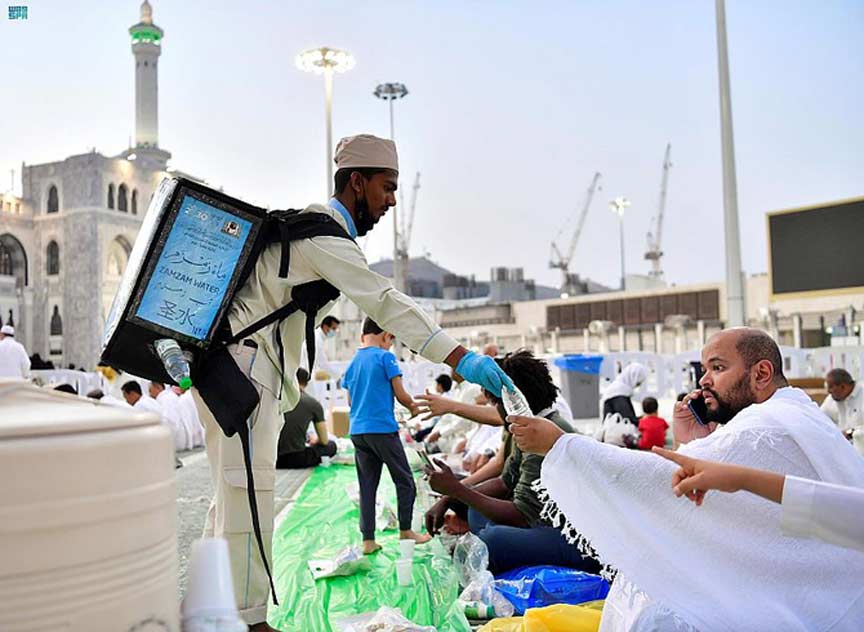
The Saudi General Authority for Civil Aviation has issued instructions to all airlines operating in the kingdom including private airlines not to allow travelers departing from the Saudi airports to place Zamzam bottles into their luggage, SPA added.
Checked-in baggage is the luggage delivered to an airline for transportation. Pilgrims usually carry ZamZam bottles inside checked-in baggage and carry-on baggage as gifts to their relatives and friends in the homeland.
Earlier, passengers were allowed to take a minimum of 10 liters of Zamzam water per person, but the rule limited the amount to only five liters per passenger.

All the airlines have been bound to ensure that none of the passengers traveling through Jeddah or any other airport in the Kingdom of Saudi Arabia have bottles filled with Aab-e-Zamzam.
Moreover, strict action will be taken against the airlines in case the new Standard Operating Procedures (SOPs) are violated.
This year’s Hajj will be attended by overseas Muslims for the first time in about two years after the obligatory Islamic duty was limited to Muslims residing inside Saudi Arabia due to coronavirus-related restrictions.
Aab-e-Zamzam, the water from the well of Zamzam—located in Masjid al-Haram, Makkah — is a miraculously generated source of water as per Islamic history.
The water has great religious significance and people take it back to their countries in great amount after performing Hajj or Umrah.
Muslims believe that the arrival of Ismail A.S to Makkah in the year of his birth happens to be the year when Zamzam first appeared. The well of blessed water is approximately 4000 years old as per the Hijri calendar.
The well is said to be among the most enduring miracles of Islam, depicting the mercy of Allah Almighty. It is believed to be sacred within Islam as its origin is mentioned in key Islamic texts. Prophet Ibrahim AS, his wife, and their baby son found water which was hard to come in modern-day Saudi Arabia.
Millions of pilgrims visit the well each year while performing the Hajj or Umrah in order to drink its water.


